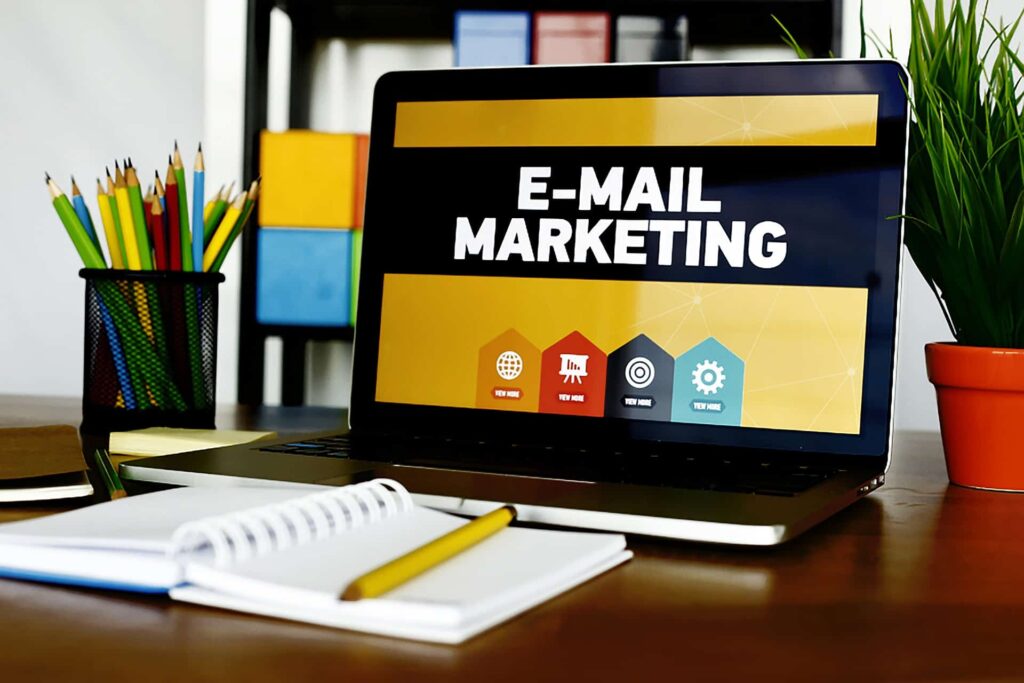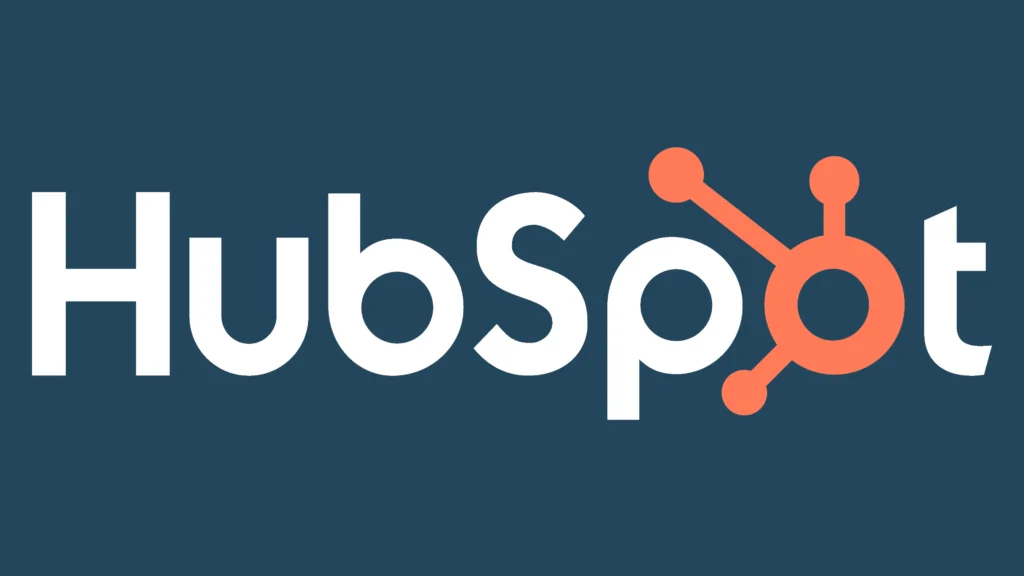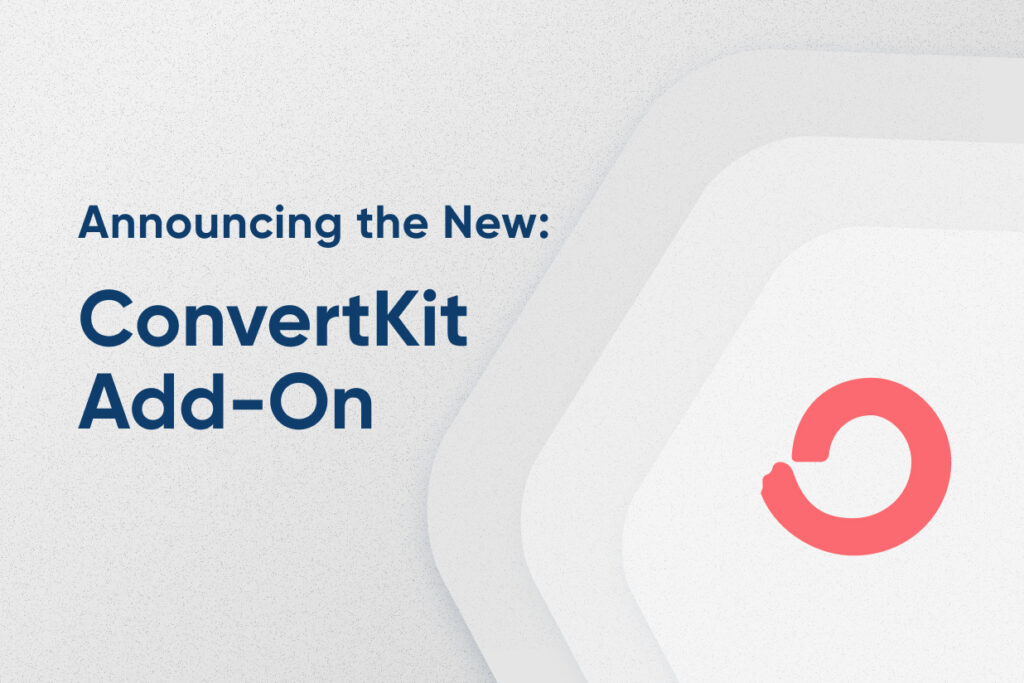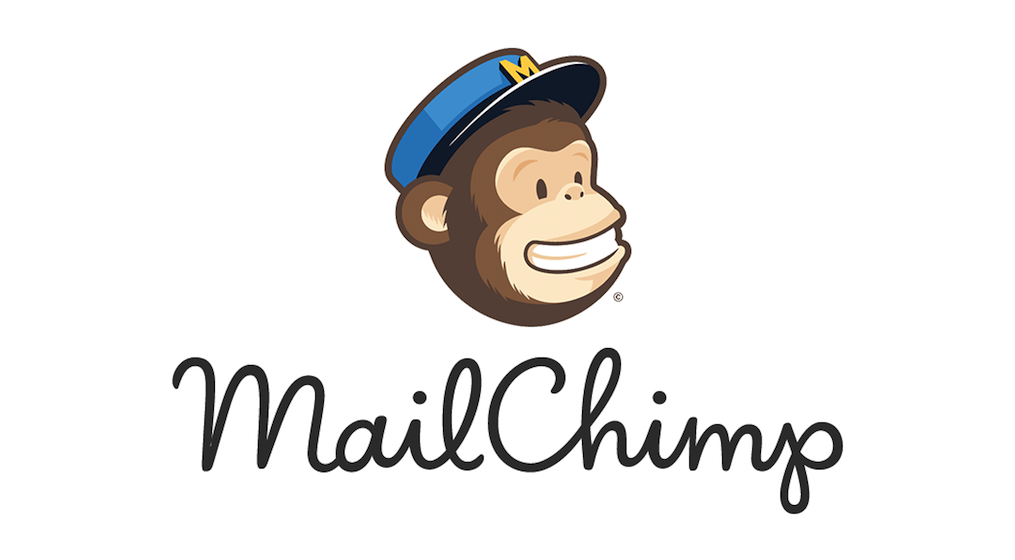Top 10 Email Marketing Tools You Need to Try in 2025
Top Email Marketing Tools for 2025 Every Marketer Should Know
Email marketing tools are essential for businesses that want to maintain strong customer relationships, drive consistent traffic, and convert leads into loyal buyers. As we enter 2025, email marketing continues to be one of the most reliable digital marketing channels—with an impressive return on investment and growing automation features that save both time and effort.
In this blog, we will explore the best email marketing tools available in 2025, helping you find the right platform based on your business goals, budget, and technical needs. Whether you’re a solopreneur, small business owner, or digital marketing consultant, the right email solution can make a big difference.
Why Email Marketing Still Matters in 2025
Email marketing tools are more relevant than ever because of their versatility and high ROI. Despite the rise of social media and messaging apps, email remains a direct, personal, and measurable way to reach your audience. It enables marketers to segment their users, send personalized messages, automate entire campaigns, and track performance in real-time.
With increasing data privacy regulations and customer demand for personalized experiences, modern email marketing tools are now built to align with compliance, segmentation, automation, and analytics.

1. Mailchimp
Email marketing tools like Mailchimp remain popular for their simplicity and power-packed features. It’s ideal for beginners but also scales well for advanced users.
Key features:
Drag-and-drop email builder
Advanced automation workflows
Audience segmentation
Real-time analytics
Integration with eCommerce platforms
Mailchimp offers a generous free plan and tiered paid plans that suit different business sizes. It’s perfect for consultants managing multiple small to medium-sized clients.
2. ActiveCampaign
For marketers who need more than just email automation, ActiveCampaign is one of the best-performing email marketing tools in 2025. It goes beyond basic email tasks and adds CRM, sales automation, and deep segmentation.
Highlights:
Sophisticated email automation builder
Predictive content and sending
Dynamic email content based on user behavior
Built-in CRM and lead scoring
Advanced reporting and testing tools
Though slightly more advanced in terms of setup, it delivers great value for agencies and growth-focused businesses.
3. ConvertKit
If your focus is content creation or audience building, ConvertKit is one of the top email marketing tools designed with creators in mind—think bloggers, YouTubers, educators, and podcasters.
Features to love:
Visual automation builder
Easy-to-use landing page and sign-up forms
Subscriber tagging for better segmentation
Sequences for nurturing campaigns
Seamless integration with tools like Teachable and Shopify
ConvertKit also has a strong focus on deliverability, ensuring that your emails reach inboxes—not spam folders.
4. Brevo (formerly Sendinblue)
Brevo is gaining traction in 2025 as one of the most affordable and user-friendly email marketing tools that combines email, SMS, chat, and CRM in one dashboard.
What stands out:
Email and SMS marketing in one platform
Marketing automation for workflows and triggers
A/B testing and heatmaps
Real-time reporting and analytics
Chatbot and live chat integration
It’s especially suitable for small businesses looking to centralize communication channels without breaking the bank.
5. GetResponse
GetResponse continues to hold its ground as one of the most feature-rich email marketing tools. It’s ideal for marketers who want to run webinars, build sales funnels, and design landing pages all under one platform.
Best features:
Email autoresponders and automation
Prebuilt marketing funnels
Webinars and live events
Landing page builder
eCommerce marketing toolkit
GetResponse is perfect for eCommerce businesses and digital marketers running lead-gen campaigns across multiple channels.
6. Klaviyo
For eCommerce marketers, Klaviyo stands out among email marketing tools due to its strong integration with Shopify, WooCommerce, and BigCommerce.
Why it’s great for online stores:
Deep customer segmentation and targeting
Triggered emails based on customer behavior
Abandoned cart sequences
Product recommendation emails
Advanced revenue tracking
Klaviyo focuses on data-driven results and gives marketers the ability to personalize communication based on customer lifecycle stages.
7. MailerLite
MailerLite is one of the most intuitive email marketing tools available for small businesses, freelancers, and consultants. Its clean interface and ease of use make it a favorite among non-tech-savvy users.
Top features:
Email campaigns and automation
Website and landing page builder
Pop-ups and sign-up forms
Integrations with WordPress and Zapier
Reporting and campaign analytics
It offers an excellent free tier and is one of the most budget-friendly platforms in the market for startups.
8. Moosend
Moosend is an underrated but powerful contender in the email marketing tools space. It’s ideal for businesses looking for solid automation without the complexity of higher-end platforms.
What makes Moosend different:
Drag-and-drop email editor
Behavioral-based automation
eCommerce AI recommendations
Real-time analytics dashboard
Simple and affordable pricing
It’s particularly great for those just starting out or scaling a small eCommerce store.
9. HubSpot Email Marketing
If you’re already using HubSpot CRM, its email marketing component is one of the most integrated email marketing tools you can use. It allows complete alignment between marketing, sales, and service.
What to expect:
Pre-built and customizable email templates
Smart send times and personalization
In-depth performance tracking
Seamless CRM and contact management
Lead nurturing workflows
It’s ideal for medium to large businesses that want all their tools in one centralized hub.
10. Drip
Drip is built for eCommerce marketers who want sophisticated automation with a user-friendly interface. It’s one of those email marketing tools that’s focused heavily on customer journey mapping and revenue generation.
Core features:
Personalized email campaigns
Pre-built automation workflows
Product feeds for dynamic content
Revenue attribution and tracking
Multi-channel touchpoints including SMS




What to Look for When Choosing Email Marketing Tools
With so many email marketing tools available in 2025, it can be overwhelming to choose one. Here are some key factors to consider:
Ease of Use: Can you set up and launch campaigns quickly?
Automation Capabilities: Does it allow advanced workflows?
Integration: Does it connect with your existing tools (CRM, CMS, eCommerce)?
Deliverability: Are emails consistently reaching inboxes?
Analytics: Do you get detailed insights on opens, clicks, and conversions?
Affordability: Are the plans scalable as your business grows?
Choosing the right tool depends on your specific needs—what works for a YouTuber might not suit an eCommerce brand.
Final Thoughts
Email marketing tools are evolving rapidly in 2025, bringing smarter automation, personalization, and analytics into your marketing toolkit. Whether you’re a beginner looking for simplicity or an expert seeking advanced features, the tools listed above cover all bases. The key is not just picking a tool—but using it effectively to understand your audience, segment your lists, automate your communication, and continuously refine your strategy.
If you’re looking for professional help in setting up or optimizing your email campaigns, working with a digital marketing consultant can save you time, avoid costly mistakes, and accelerate your business results.
